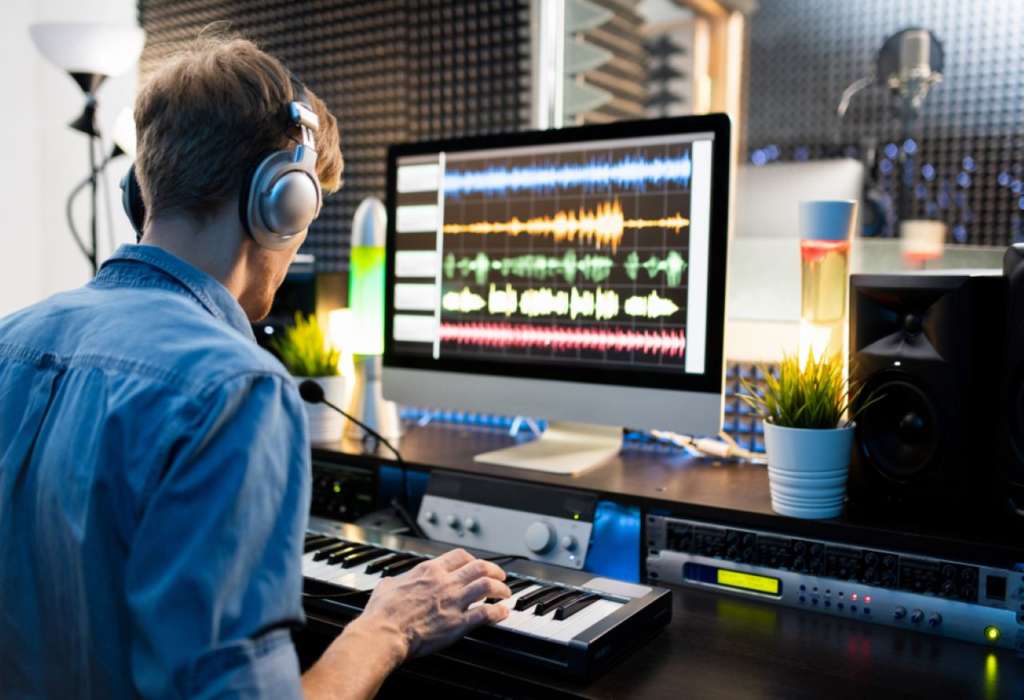Considering a Music Technology Course?
If you want a career in the music industry, more specifically in production, live sound, studio engineering, events and DJ-ing, then a music technology course may be the perfect place to begin. The course will help you to develop your music production skills in mixing, studio recording and post-production editing. Not to mention, the course can be incredibly enjoyable for those who are really passionate about music. The good news is there are so many music technology courses currently available and they offer great flexibility for those trying to balance work and study.
What is Music Technology?
Music technology, put simply, is the application of technology, such as software and computers to the musical arts. Whether it is the use of editing software or electronic musical devices and sequencer, musical technology and its definition expands as technology expands. It is occasionally referred to as sound technology, however, while these two fields are similar, they are also vastly different. Music technology encompasses the composition, playback and recording of music, while sound technology may only encompass the production of various sounds. Music technology strikes a crucial balance between practice and theory to make sure that you gain experience working with the practical skills and essential concepts involved.
Who is the Course Ideal For?
The course is perfect for anyone who has a great interest in the audio and music industry. It is also ideal for those who enjoy music as a hobby and are passionate about following a career path in the music industry. The course is perfect for those also who do not have musical talents but would like to promote and encourage the music industry as a whole.
Course Content
You will learn about music technology, applications technology, recording studio principles and music for producers. Live music and performance technology, computer basics for audio visual workstations, sound reinforcement and sound design are topics that will also be explored. Students will learn about music for producers, recording and mixing, research and presentation and sound design and creative processing. Learners will explore mixing and mastering, professional practice, audio post production techniques, studio design and setup and sound design for games. The course will educate you on sound engineering and production, musicianship, music industry studies, multimedia audio production and radio and podcast production.
Career Opportunities
After completing your music technology course, you can work as a composer, live sound engineer, music producer, a DJ, a studio engineer and a studio manager. In addition, you can work as a sound engineer, post-production engineer, a TV and film sound technician, an event AV installer, a venue sound technician and a broadcast engineer.
Career Progression
If you found you really enjoyed your music technology course, you could progress further by doing a higher-level course in music technology or doing courses in a similar field. For example, you could study music production, engineering music and sound engineering, music project management and much more.
If you’re serious about doing a music technology course, check out courses near you in the Nightcourses.co.uk national course finder.





